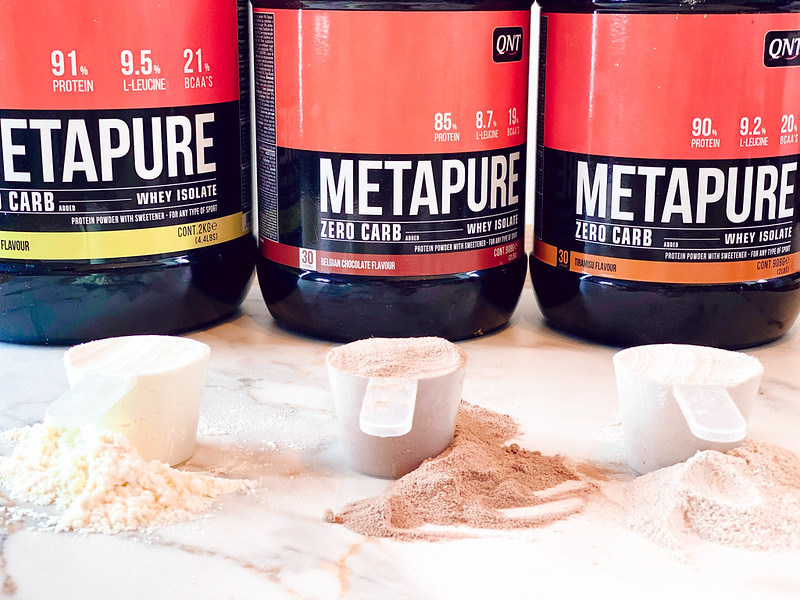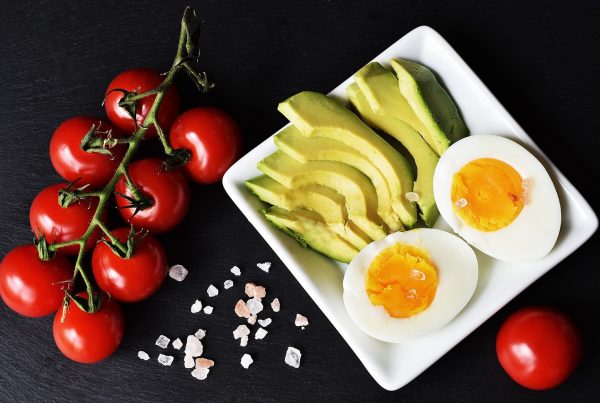When we ask the question in this context, we can only think of protein powder. Nevertheless, asking the question is also a request for a more complete explanation. The protein, where does it come from? What role does it play in our body?
In order to answer this question properly, one must know that our body is composed of muscles, bones and organs. That each of these parts of our body is composed of specific tissues with cells that are adapted to fulfill a particular role. Each cell has its role to play. Each human tissue is made up of proteins that are attached to each other. These are complex molecules formed of amino acid chains. They are too large to pass directly into the blood and must therefore be formed in particular places, in the cells, in the bone marrow from amino acids digested by the body and passed into the blood. The body therefore needs raw material to build the tissues, these are the amino acids. Where can we find them?
Of necessity, to build human tissues, one finds the base of the construction of these tissues in the animals. So meat is a good source of protein but also milk and all dairy products as well as eggs. Proteins are also found in plants, but studies show that proteins of plant origin are less easily assimilated by the human body than proteins of animal origin. Except for soy which is rich in glutamine, an amino acid important for cellular anabolism and highly anti-catabolic. But it has a high number of calories.
Let us now turn to the question we are concerned about: What are powdered proteins? These are proteins, which have been extracted by various processes and to which a taste has been added. Nothing diabolical in there, but nothing miraculous either. So what is the point of taking it, then? With our busy schedules, keeping up with the daily protein requirements can be challenging. As you can see, it is mainly a question of ease, but also of being able to give a maximum of proteins quickly and easily. Protein powders provide with instant protein, which will only take a few minutes to prepare, or is used to compliment your breakfast bowl, helping you reach your required protein content in a tasty and easy way.
Protein can be consumed from food such as chicken or mean, but their percentage protein would require you to eat more as only a percentage of the whole portion is actually protein. After training, it is also preferable to provide the muscle with a liquid protein, more quickly assimilable and available to repair the damage caused by training.
In conclusion, protein powder can help you easily get your daily quota of protein. For a fairly modest sum and with a very interesting result.
There are different types of protein: You will hear about whey, casein, isolates. Broadly speaking, each protein corresponds to a different extraction process and has a different rate of assimilation. We’ll talk about that later.





















Recent Comments